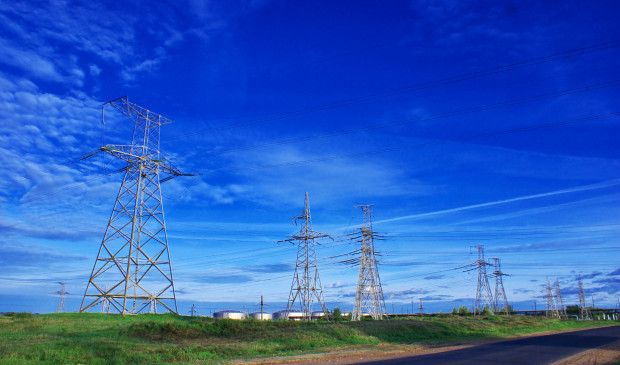Austin Energy to clarify gas plant study request
Thursday, January 29, 2015 by
Tyler Whitson Austin Energy will update its call for consultants to conduct an independent study of a proposed gas plant and renewable alternatives, following a Monday request from the Electric Utility Commission.
Gage Loots, supervising senior buyer for the utility’s purchasing office, told the Austin Monitor on Wednesday that his staff plans to issue an addendum to the request for proposal posted online last Thursday. He declined to discuss the content of the addendum until after it is posted.
The deadline for consultants to submit proposals will close on Feb. 27.
The EUC approved a resolution at its last meeting asking Austin Energy to amend the request for proposal to note that the study must consider “energy efficiency; full fuel costs including hedging, operations and maintenance, fuel and financing; power purchases; environmental impacts and impacts on Austin’s ability to meet climate change and affordability goals; analysis over the period of the longest expected generation asset; and resultant water use and impacts on water quality.”
Commissioners Shudde Fath and Chris Herbert abstained, and Commissioner Brent Heidebrecht was absent.
Chair Michael Osborne asserted that the requested items are based on language that City Council adopted last month as part of the Austin Energy Resource, Generation and Climate Protection Plan to 2025. It sets goals to retire the Decker Creek Power Station’s natural gas-fired steam units, begin retiring Austin Energy’s share in the coal-powered Fayette Power Project and invest in local storage, demand response and wind and solar technologies.
The plan also initiates an independent study to determine whether the best option to fill the gap created by the retirements would be the 500 megawatt combined-cycle natural gas plant that Austin Energy has proposed or renewable alternatives that the Austin Generation Resource Planning Task Force and members of the public have put forward.
Though Council requested that Austin Energy consult the EUC at certain points during the process, Osborne acknowledged that, without further Council action, the utility has final say on what to include in the request that sets the groundwork for the study.
“We’re going to ask purchasing to make that change, and they either do or don’t,” Osborne said. “I think it’s good that this commission does what we’re doing right now, which is the heavy lifting on saying this is what Council said should be in there and this is what’s in there.”
Loots told the EUC that Austin Energy “can modify portions of the solicitation, provided that it doesn’t materially affect the solicitation in such a way that it would have to be rebid. If they are clarifications to what we’re doing, yes, we can put out the addendum.”
Loots also noted that the budget for the study is currently $300,000.
Vice Chair Karen Hadden expressed her concern about the current request. “This is really important because, as you’re aware, there was a long, huge fight over this because there was a sense by many members of the community that this would not be a fair study, that it would not be a fair comparison of alternatives to the gas plant,” she said.
Austin Energy consulted the EUC in December before issuing the request, and the EUC responded by forming a working group and providing comments in early January. The utility responded directly, noting what it did or did not feel was appropriate based on Council direction, and published the request.
Hadden said the request is missing “key components,” which she called “at best, disheartening.”
One major point of contention is the fact that the phrase “energy efficiency” is not included under the “purpose” header and other sections of the request that the EUC believes should include it.
According to a document that the EUC released, Austin Energy wrote that it “found the inclusion of energy efficiency to be a substantive change in scope to the City Council approved (scope of work) and elected to have the Consultant utilize the approved energy efficiency goals contained in the Generation Plan.”
The EUC noted in the same document that the generation plan includes the term twice and requested that it be included in the initially suggested sections.
As far as “water quality impact” and “climate change,” Austin Energy also wrote that it found including these terms would constitute a substantive change to the approved scope of work.
The EUC asserted that water quality impact could affect cost if it leads to “changes in the design of the plant due to permitting constraints” and that a conversation Council had on the dais when adopting the plan justifies including climate change in the request.
Osborne also noted that the title of the plan includes the phrase “climate protection” and that the request should say “something about the climate protection, for Christ’s sake, because, I mean, it’s the climate protection plan.”
Photo by Serge Serebro, Vitebsk Popular News (Own work) [CC BY-SA 3.0 or GFDL], via Wikimedia Commons
You're a community leader
And we’re honored you look to us for serious, in-depth news. You know a strong community needs local and dedicated watchdog reporting. We’re here for you and that won’t change. Now will you take the powerful next step and support our nonprofit news organization?










